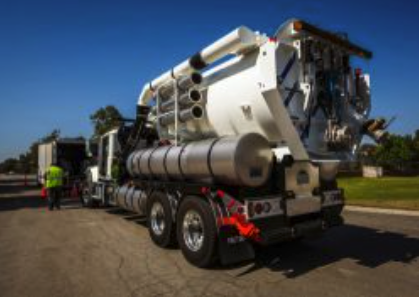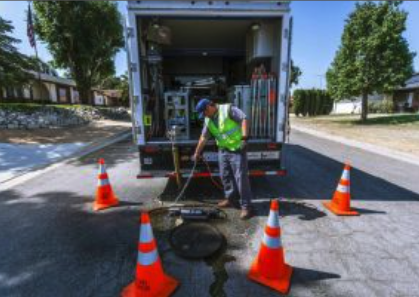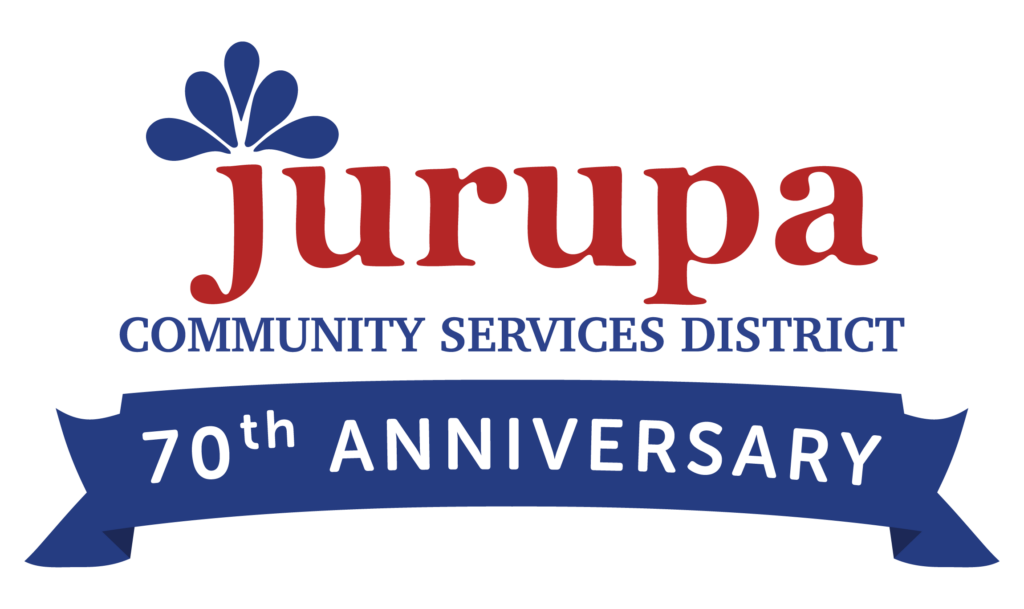There are many reasons why a sewer lateral from a home may be blocked. It is important to make sure your lines are clear, so these blockages do not cause a backup of sewage into your home. Here are some helpful preventative measures to keep your sewer line clear:
- Don’t toss coffee grounds, bacon grease, fruit and vegetable peels, egg shells and other items down the kitchen drain! Even with the help of a garbage disposal, it can lead to sewer clogs and wastewater backing up into homes and businesses.
- Never pour cooking grease down the kitchen sink where it will solidify and build up over time.
- Never flush anything down the toilet that is not toilet paper. “Disposable” and “flushable” wipes, such as Swiffer, sanitary, baby, and hand wipes have become increasingly popular, but they should never be flushed down your toilet.
- Make sure you check your washing machine to ensure that you have all the proper screens in place so clothing is not being sucked out with the water flow.
- Trees are very efficient at finding water and, unfortunately, they frequently see the source of their water inside sewer lines. The best method of preventing root problems is not to plant trees in the vicinity of sewer lines. Remember, trees can spread their roots a significant distance and depth. Also, use sewer pipes with tight sealed joints, such as ABS plastic with glued joints.
For your sewer safety, NEVER open a sewer manhole. Our trained employees have the safety equipment necessary to check the manholes to make sure there are no dangerous gases present. In addition, our manhole covers are very heavy; lifting them could hurt your back. The Sewer Operations team at JCSD will respond to your request for emergency services 24 hours a day. Please call us first if you experience any of these inconveniences:
- Building sewer backup/stoppage
- Overflowing manhole
- Manhole cover off/broken/open
- Noisy manhole
- Sewer odor
- Broken sewer line
Help avoid the frustration of a clogged sewer by following these simple and no-cost tips:
- The safest way to dispose of fats, oils, and grease (FOG) from the kitchen is to dispose of it in the trash.
- Use a coffee can lined with a plastic bag to collect kitchen FOG. Make sure the oil is cool before you pour it in the can, so it does not penetrate the plastic liner. Dispose the bag in your trash.
- Mix excess oil with absorbent materials such as paper towels, coffee grounds, shredded newspaper, or kitty litter.
- Scrape your plate! Toss all leftovers you may have on your plate into the trash and NOT into the sink and down the drain.
- Coffee grounds should also be placed in the trash, composting bin or garden – they serve as a natural fertilizer.
While home water softeners offer benefits, some systems can cause problems in your home plumbing system, in the sewer system, and in the environment.
Protecting our local water supply is critical. Residential self-regenerating water softeners – the kind that uses rock salt (sodium chloride) or potassium chloride pellets – pose a serious water quality problem for our communities. On average, a single self-regenerating water softener contributes up to 30 pounds of salt each month into our community’s water treatment system. That salt ultimately ends up in our groundwater and recycled water supplies. Salt is a constraint to our future ability to use groundwater and recycled water, our most reliable and drought-proof local water supply.
If you want to have soft water in your home, the best option is to select a water softener service company that provides the service in a responsible manner. This option will better protect your home plumbing system, the sewer system and the environment. If you have any questions, please call JCSD’s Wastewater Department at (951) 685-7434.

Are you having sewer line issues and not sure what to do? When sewer problems come up, the resident should first contact us at JCSD. We will check the main sewer and, if there is a cleanout existing at ground level, we will also inspect that to determine if the stoppage is in the sewer lateral or the indoor plumbing.
When it’s the Property Owner’s Responsibility
If it is determined that the main sewer line is OK, we recommend that you call a plumbing or sewer contractor.
The owner of the property is responsible for keeping the sewer lateral clear between the building and the main sewer line as illustrated above. Locating the sewer lateral is the owner’s responsibility, although we will attempt to assist with available records and information. We suggest the owner employ a plumbing or sewer contractor to clear any stoppages in the indoor plumbing or sewer lateral. The contractor should contact us before closing the excavation.
NOTE: Although there is no extra charge for our services/team to inspect the sewer line (the work is financed by JCSD sewer bills), JCSD will not assume the cost of your contractor’s call, regardless of the location of the stoppage!
For details regarding sewer line responsibility within the JCSD service area, please download:
The State Water Resources Control Board (SWRCB) requires all public wastewater collection system agencies in California with greater than one mile of sewers to be regulated under General Waste Discharge Requirements. The SWRCB action mandates the development of a system-specific Sewer System Management Plan (SSMP). JCSD’s SSMP includes 11 elements, as listed below. Please click on the link below to view each element in its entirety.
Introduction
- Goals
- Organization
- Legal Authority
- Operation and Maintenance Program
- Design and Performance Provisions
- Overflow Emergency Response Plan
- Fats, Oils and Grease Control Program
- System Evaluation and Capacity Assurance Plan
- Monitoring, Measurement and Program Modifications
- SSMP Program Audits
- Communication Program
Vactor and Video Camera Trucks

The Vactor truck and the Closed Circuit Television Inspection System vehicle can often be seen together in various neighborhoods within JCSD’s service area. They both play an important role in the maintenance of the community’s sewer system. With over 325 miles of main sewer lines, it’s important to ensure that the system that transports wastewater from your homes is in good working condition.

A Vactor truck is designed to help keep the main sewer lines clean and clear. They can vacuum tons of debris from the sewer pipes and also can apply water at high pressure to help loosen clogs.

The Closed Circuit Inspection System vehicle visually inspects, digitally records, and documents the conditions of sewer pipes which enable JCSD to determine whether pipes need to be repaired or replaced.




